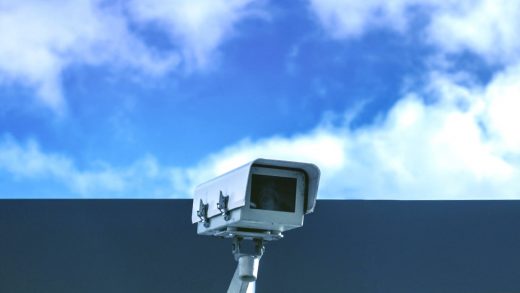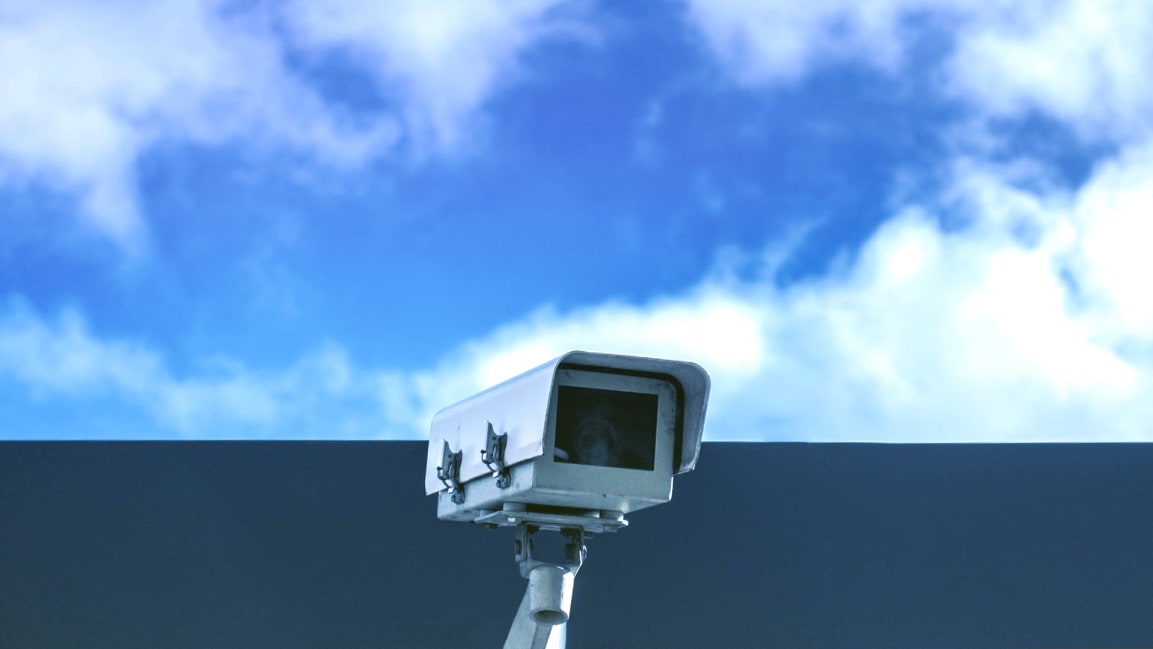Nuns and other Amazon investors pressure Jeff Bezos over face recognition
Amazon’s face recognition software is under fire from human rights groups, employees, and a growing number of its investors. In a shareholder resolution issued on Thursday, a group of investors is pushing the company to halt government sales of Amazon Web Services’ Rekognition, software that can identify faces and track bodies, citing potential civil and human rights risks.
The American Civil Liberties Union (ACLU) raised concerns of racial bias in Rekognition after conducting tests last year, and hundreds of Amazon employees questioned the sale of the software in a letter and during a staff meeting in November. Amazon has sold Rekognition to law enforcement agencies in at least two states, pitched the software to U.S. Immigration and Customs Enforcement (ICE), and is now testing it with the FBI, according to the investor letter. The company has so far resisted calls to cease its government sales, including another petition signed by the ACLU and dozens of human rights groups earlier this week.
In their resolution, the investors propose that Amazon stop selling to government agencies unless it can use independent evidence to show that the technology doesn’t endanger human rights.
The Sisters of St. Joseph of Brentwood filed the resolution as shareholders and members of the Tri-State Coalition for Responsible Investment, which represents a group of investors with over $1.32 billion worth of total assets, according to a statement. The effort was organized by Open Mic, a nonprofit organization focused on corporate accountability. Last June, another group of investors sent Amazon a similar set of demands.
“We filed this proposal because we are concerned that Amazon has pitched facial recognition technology to Immigration and Customs Enforcement (ICE) and piloted its Rekognition with police departments, without fully assessing potential human rights impacts,” Sister Patricia Mahoney said in a statement. The sisters hope Amazon will put the resolution to vote at this year’s annual shareholder meeting in May.
A spokesperson for Amazon declined to comment, but pointed to previous blog posts that tout what it says are the many benefits of face recognition software, including fighting child sexual abuse and human trafficking, finding missing children, and improving content moderation. Amazon has also said that the ACLU’s tests relied on a lower confidence threshold for recognizing faces than Amazon recommends “for use cases where highly accurate face similarity matches are important.”
In another letter sent to Amazon this week, the ACLU and more than 85 advocacy groups told Jeff Bezos, “Instead of acting to protect against the very real dangers of face surveillance, your company is ignoring community concerns and further pushing this technology into the hands of government agencies.” The groups also asked Google and Microsoft to cease their government sales.
Calling for Amazon and other large tech companies to stop their sales of facial recognition software to the government may have limited practical impact: The software is already being used by law enforcement around the world, as well as at stores, casinos, and in airports. And governments–and an untold number of private entities–can purchase face recognition and other surveillance tools from dozens of other firms, or can rely on a variety of open-sourced software.
Some companies like Axon have established ethics boards to self-police new products like face recognition, but privacy advocates insist that only stronger regulation and more transparency can limit the risks to the public. As the Amazon investors note, even Microsoft’s vice president has joined the calls for new face recognition laws.
Read the full resolution below:
Risks of Sales of Facial Recognition Software Amazon.com, Inc. – 2019
Whereas, shareholders are concerned Amazon’s facial recognition technology (“Rekognition”) poses risk to civil and human rights and shareholder value.
Civil liberties organizations, academics, and shareholders have demanded Amazon halt sales of Rekognition to government, concerned that our Company is enabling a surveillance system “readily available to violate rights and target communities of color.” Four hundred fifty Amazon employees echoed this demand, posing a talent and retention risk.
Brian Brackeen, former Chief Executive Officer of facial recognition company Kairos, said, “Any company in this space that willingly hands [facial recognition] software over to a government, be it America or another nation’s, is willfully endangering people’s lives.”
In Florida and Oregon, police have piloted Rekognition.
Amazon Web Services already provides cloud computing services to Immigration and Customs Enforcement (ICE) and is reportedly marketing Rekognition to ICE, despite concerns Rekognition could facilitate immigrant surveillance and racial profiling.
Rekognition contradicts Amazon’s opposition to facilitating surveillance. In 2016, Amazon supported a lawsuit against government “gag orders,” stating: “the fear of secret surveillance could limit the adoption and use of cloud services … Users should not be put to a choice between reaping the benefits of technological innovation and maintaining the privacy rights guaranteed by the Constitution.”
Shareholders have little evidence our Company is effectively restricting the use of Rekognition to protect privacy and civil rights. In July 2018, a reporter asked Amazon executive Teresa Carlson whether Amazon has “drawn any red lines, any standards, guidelines, on what you will and you will not do in terms of defense work.” Carlson responded: “We have not drawn any lines there…We are unwaveringly in support of our law enforcement, defense, and intelligence community.”
In July 2018, lawmakers asked the Government Accountability Office to study whether “commercial entities selling facial recognition adequately audit use of their technology to ensure that use is not unlawful, inconsistent with terms of service, or otherwise raise privacy, civil rights, and civil liberties concerns.”
Microsoft has called for government regulation of facial recognition technology, saying, “if we move too fast, we may find that people’s fundamental rights are being broken.”
Resolved, shareholders request that the Board of Directors prohibit sales of facial recognition technology to government agencies unless the Board concludes, after an evaluation using independent evidence, that the technology does not cause or contribute to actual or potential violations of civil and human rights.
Supporting Statement: Proponents recommend the Board consult with technology and civil liberties experts and civil and human rights advocates to assess:
• The extent to which such technology may endanger or violate privacy or civil rights, and disproportionately impact people of color, immigrants, and activists, and how Amazon would mitigate these risks.
• The extent to which such technologies may be marketed and sold to repressive governments, identified by the United States Department of State Country Reports on Human Rights Practices.
(44)



